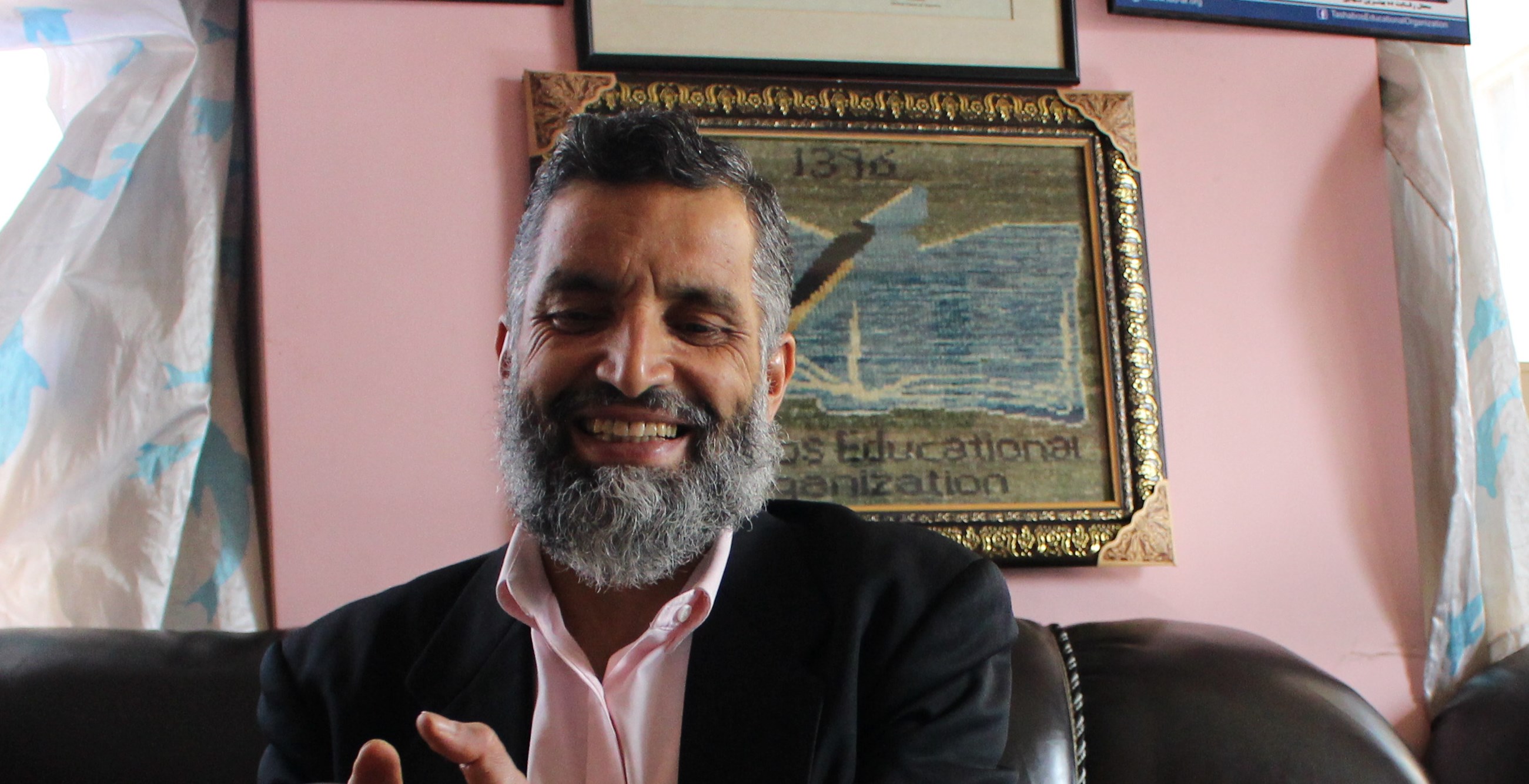
" Serving the needs of the people of Afghanistan" Interview with Mr. Fazel Rabi Haqbeen
Generally the Taliban were suspicious of NGOs and did not understand what they did and what our objectives were. They suspected some NGOs of proselytization. They wanted to control NGOs more closely. An example was detention of the Director of an International NGO, but ACBAR intervened and we were able to release her from detention of Taliban. When they understood our work better then trust was built. This happened when they saw that NGOs were really serving the needs of the people of Afghanistan. I was a regional manager for AREA in Herat when the Taliban arrived in 1996. Initially we had a lot of difficulties but when they saw our work then the Taliban authorities let us carry on. Even now today in rural areas the community can be suspicious about the work of NGOs – they think NGOs are bringing different ideas and a different culture so we always need to build up relationships and trust.
I have always believed in ACBAR, I see it has an important role to advocate on a collective basis on behalf of the wider group of NGOs, to share information and bring various actors such as government institutions, donors, private sector and civil society together. Through ACBAR we were able to influence different Government Ministries and sectors and different national and international stakeholders. I was able to attend 3 conferences on Afghanistan as a member of ACBAR - the second Bonn conference, the Tokyo conference and the first London conference as the Chairman of ACBAR. At these conferences we were able to advocate for different issues as members of civil society on the importance of education, health, women’s rights, human rights and the role of civil society.
As NGOs we do have some challenges, we face competition between ourselves for funding so we do not always coordinate and share information with each other. We do need a common platform to build up trust in each other. I do see positive changes in our work but we still need to improve.
There have been improvements in Afghanistan throughout the last 30 years with the assistance of NGOs – for example in health, education, water and sanitation. NGOs can reach all corners of the country and bring rapid assistance, but there are huge challenges in the country – high unemployment of youth in particular, insecurity, drug addiction, criminality, poverty - which impact our work and make it less visible. Opportunities for women are available but education and professional skills among women are still lacking so we need to work more on this to ensure progress. The voices of women in rural areas and in villages are not yet sufficiently heard. We also need to raise women Islamic scholars to be able to speak to the Islamic scholars in order to find their role in society.
Mr. Fazel Rabi Haqbeen, Director of Tashabos, Former Regional Manager and Chairman of ACBAR. Current SC member.

